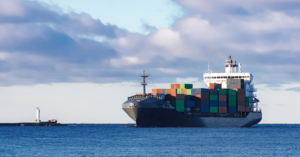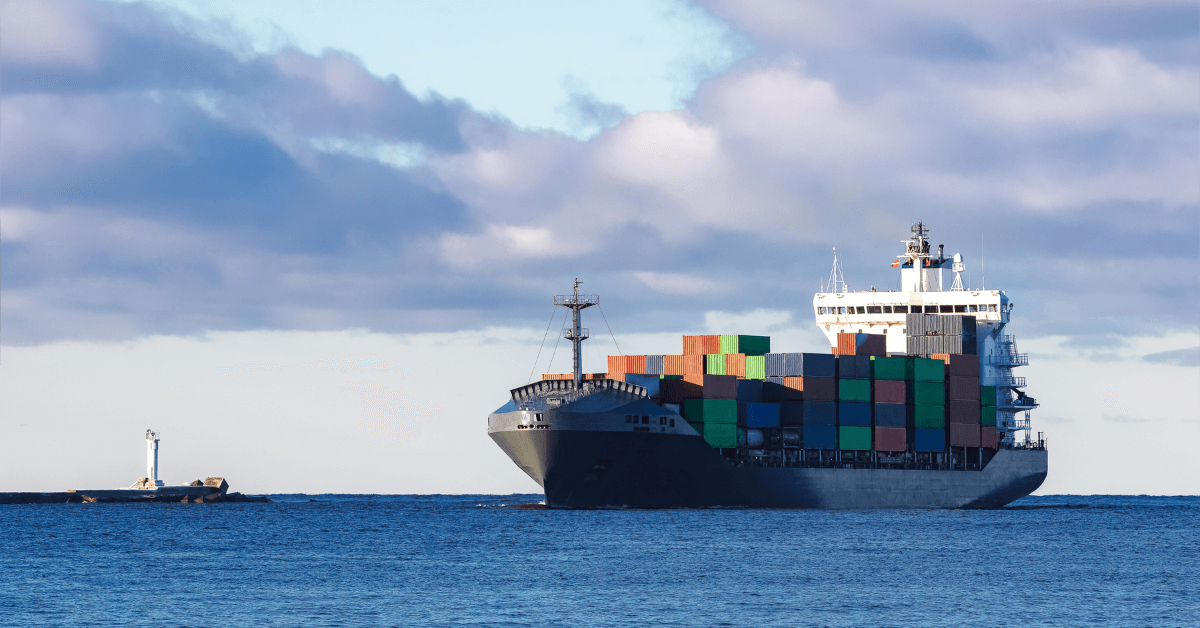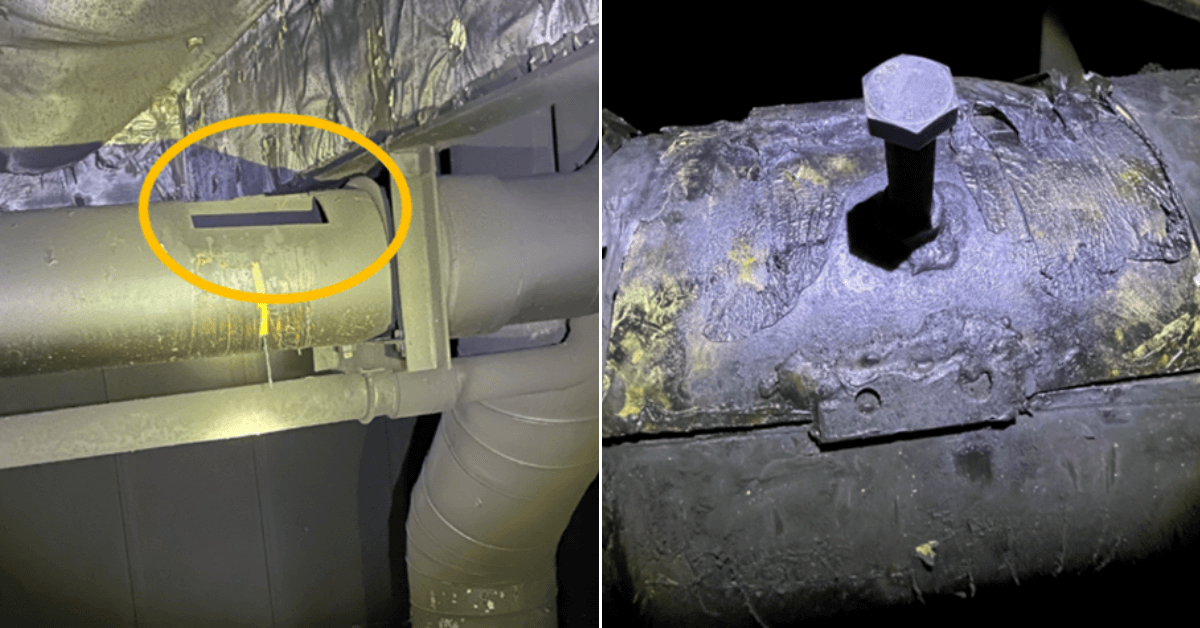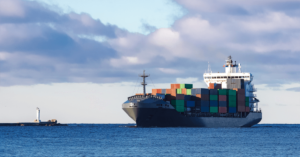
ABB Wins Largest Permanent Magnet Shaft Generator Order For 30 LNG Carriers
February 21, 2025
Norwegian Timber Exports To Go Green With Zero-Emission Ships By 2027
February 21, 2025

According to the latest report released by the National Transportation Safety Board (NTSB), the fire onboard the cargo vessel Stride was caused by an incorrect valve installed in a diesel oil tank system six weeks before the incident.
The fire broke out in the engine room of the vessel during bunkering operations at the Barbours Cut Marine Terminal in LaPorte, Texas, on January 8, 2024.
This led to the deaths of two crew members onboard, left another seriously injured and led to a total loss of the vessel valued at $12 million.
Investigators found that an angle stop check valve, which allows fuel to flow in only one direction, was mistakenly installed instead of the specified angle stop valve. This improper installation disrupted the fuel system, leading to a dangerous overflow of diesel fuel during bunkering.
The NTSB investigation revealed that when one fuel tank reached full capacity, the incorrectly installed valve redirected diesel oil through a common vent line instead of allowing it to flow into the intended tank.
The fuel then leaked through a previously sealed cut-out section in the vent pipe, where temporary sealing and tape failed to contain the flow. This led to the spilling of diesel oil onto operating machinery in the engine room, igniting the fire.

The fire was eventually extinguished when crew members shut down the engine room’s ventilation. However, the rapid spread of flames had already caused a lot of damage and claimed the lives of two.
The report discussed the importance of carefully reviewing vessel diagrams and drawings to ensure the correct replacement parts are ordered during maintenance. It noted that even minor errors in component selection could lead to severe consequences.
The investigation also found procedural failures that contributed to the severity of the situation. The crew did not properly monitor fuel tank levels during bunkering despite the company’s safety management system requiring them to do so.
The bunkering operation was understaffed, with only three engineering crew members present instead of the required four.
The NTSB recommended that vessel owners, operators, and crews ensure adequate staffing during bunkering operations and conduct frequent tank soundings to prevent overflow.
The report highlights that proper adherence to maintenance protocols and safety procedures is essential to prevent similar incidents in the future.
Reference: NTSB
Source: Maritime Shipping News


